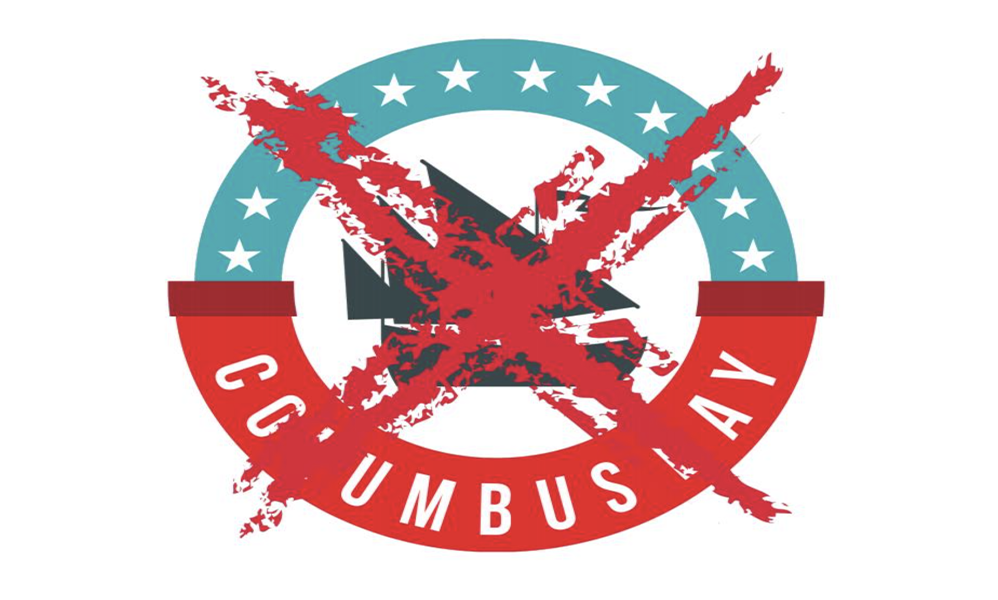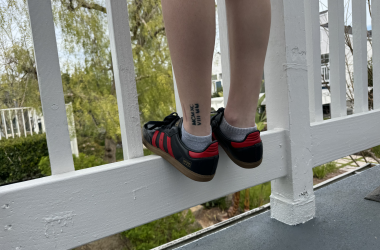Growing up as a child, I learned “In fourteen hundred ninety-two, Christopher Columbus sailed the ocean blue.” My friend, a seventh-grade history teacher, tells me her students still recite the poem. In addition to being wildly inaccurate—Columbus never even set foot on North American soil—this rhyme is Eurocentric, a whitewashed version of “historical” events and it erases indigenous subjectivity: “he had three ships,” “he left from Spain,” “he used the stars to find his way.”
Columbus was not the only active agent, nor were the indigenous peoples passive and acquiescing as the poem would make you believe: “[they] gave the sailors food and spice.” While we’ve thankfully abandoned the word “discovery” in favor of the more two-sided “encounter” over the last thirty years, the shift still does not reflect or atone for the violence, pillaging and destruction of language, history and culture that characterized Columbus’s four voyages between 1492 and 1502.
Is reconciliation even possible in 2020? I believe so.
However, there are people who claim that replacing “Columbus Day” with “Indigenous People’s Day” is to minimize the feat of Columbus traveling across the Atlantic Ocean. Even if Columbus’s voyage was fraught with, and a product of, ironic distance miscalculations, crossing the ocean in the late 15th century with only an astrolabe and rudimentary maps is astounding and unfathomable in today’s GPS-dependent world.
Nevertheless, history has chosen not to focus on that detail but rather on cultivating a sympathetic image of a man who “saved” the indigenous populations from their own perceived savagery, which was nothing more than a Christian, imperialist fantasy.
What about the brutality? Bartolomé de las Casas reproached Spain’s colonization practices as harmful and detestable enterprises.
What about tyranny? By the turn of the century, Columbus’s, or “Colón” as he was known in Spanish, reputation as an inept, ruthless governor reached the Crown, resulting in his temporary incarceration. The rhyme has unfortunately misinformed generations of children, who now as adults are learning—thankfully and rightfully so— the whole truth about the Columbian legacy.
Nearly two decades ago, I made a prediction—I regularly teach Colón’s “Diario de abordo” in my literature classes—that someday, Columbus Day would be replaced with a term that would acknowledge, if not prioritize, the experience of the autochthonous peoples of the Americas.
Do we still need to talk about Columbus? Of course, but contextually and honestly.
While only a handful of states recognize Indigenous People’s Day, I am confident that, as we commit to thinking more critically about historical turning points, that this more apposite name is the first step in understanding why historical revisionism matters.




